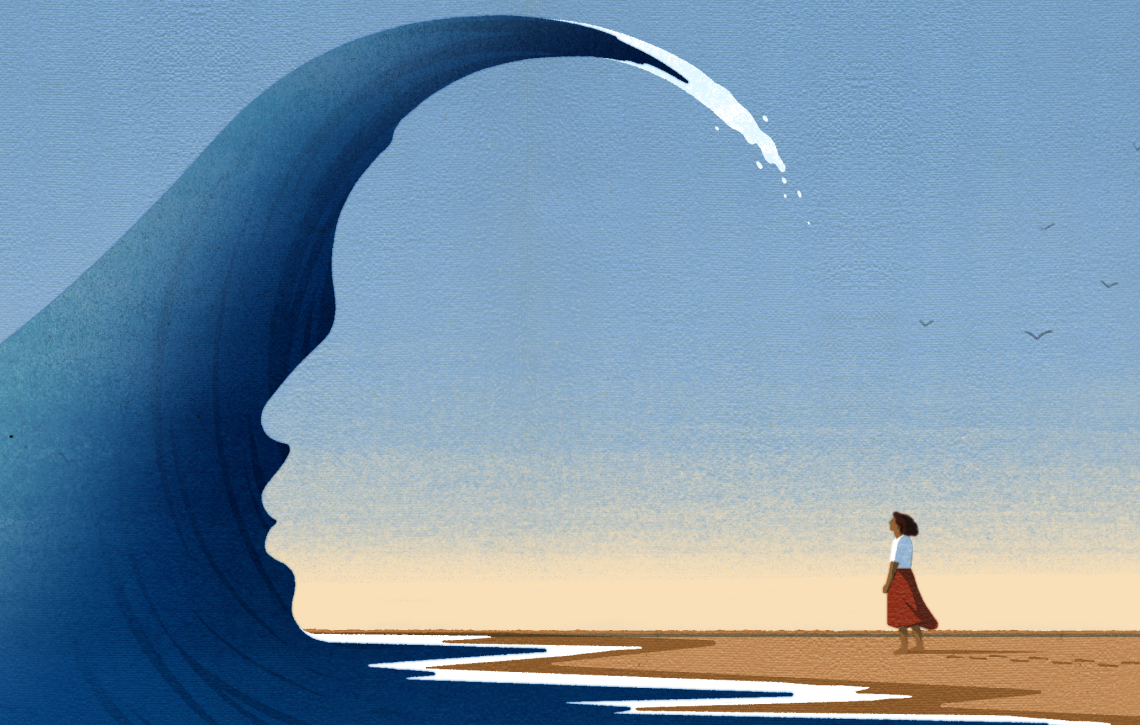I was diagnosed with asthma at a young age and spent a lot of time in and out of the hospital. I remember how vigilant and tender the nurses were with my mother and I as they treated me for yet another asthma attack. In my eyes, the nurses were superheroes, and their capes were replaced with stethoscopes.
I always knew I wanted to work in health care, but my journey to become a nurse was anything but smooth. I had many detours and roadblocks and more than enough reasons to quit my nursing journey. I didn’t believe that I could complete the program. In my mind, people who looked like me could not be nurses. At the time, I did not know any Black nurses.
I vaguely remember seeing Black nurses in my cohort, much less a Black professor. I found myself trying to fit in with my non-Black peers by driving to school every day, instead of taking the community bus. I was also intentional and mindful of how I spoke with my white peers and professors because I was worried they would not understand my position in conversations. I acquiesced to make them feel comfortable. I recall one day, in a dimly lit lecture hall with more than 1,000 students, I raised my hand to provide an opinion on why a certain stereotype regarding Black people was not true. The professor responded: “You must be Black, right?”
My classmates (non-white and white) were upset and told the professor he was being racist. The entire lecture hall began to grumble with his response, which could have supported my argument instead of using my race to support his argument.
After graduation, I had no clue what field to choose. When the opportunity to participate as an expert panel member with RNAO’s Black Nurses Task Force was presented to me, I was hesitant. What do they see in me that I do not see in myself?
I have learned that my journey as a new nursing graduate matters, especially as we are currently in the early development stages of a new best practice guideline that will address anti-Black racism in nursing.
I am a few months into my new RN role as a diabetes educator and I work alongside some of the most supportive, knowledgeable and ethnically diverse people I’ve known. It is like Bernice Redmon (the first Canadian-born Black RN in public health) picked this field of nursing specifically for me. I am passionate about health literacy and my dear, late grandmother, who had diabetes, often encouraged me on my nursing journey.
Nursing is a profession that you inherently carry with you. It becomes part of what makes you, you. Being a bystander in any situation is not an option. Nurses are fearless and at times fearful. We are often thrown into the fire and come out refined.
To graduates who are unsure what discipline to choose or what nursing interventions to use for your patient, I leave you with these words: You have the knowledge, skills and judgment. Now you just have to apply it.
